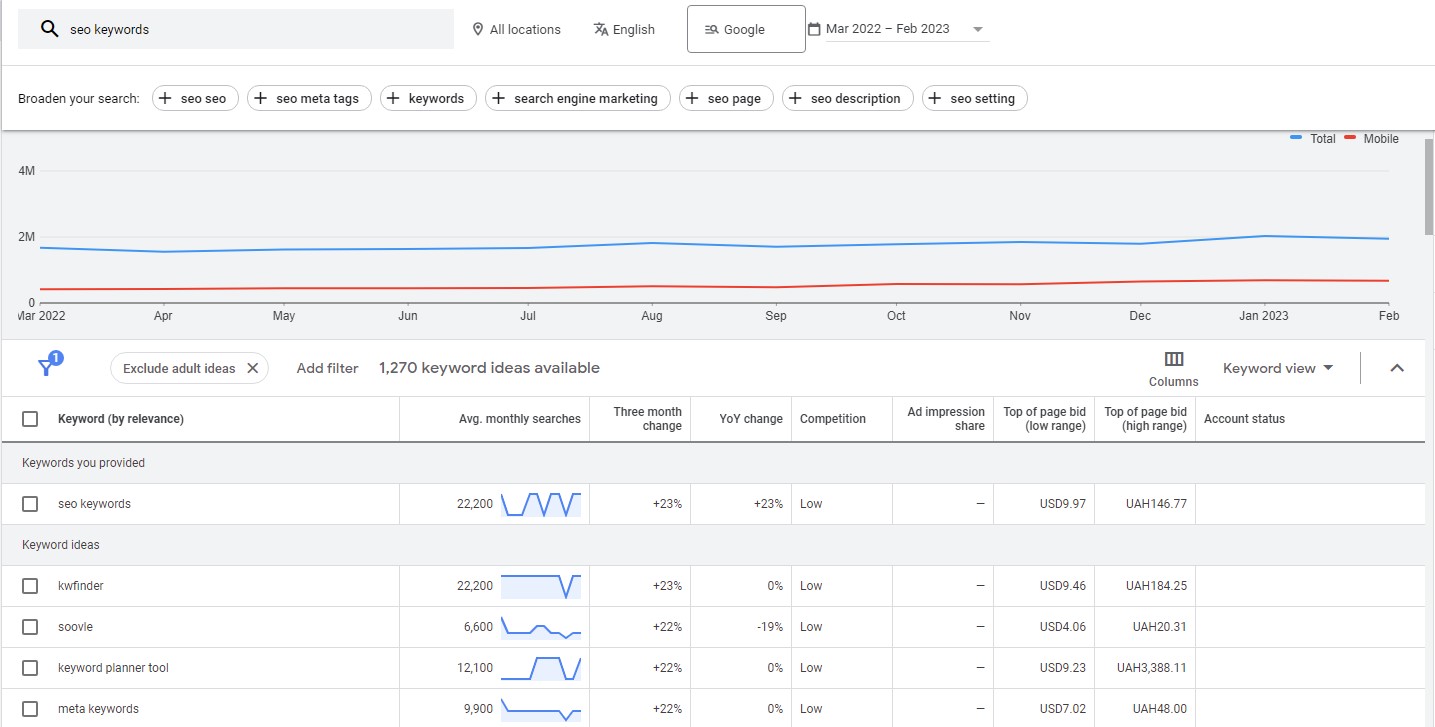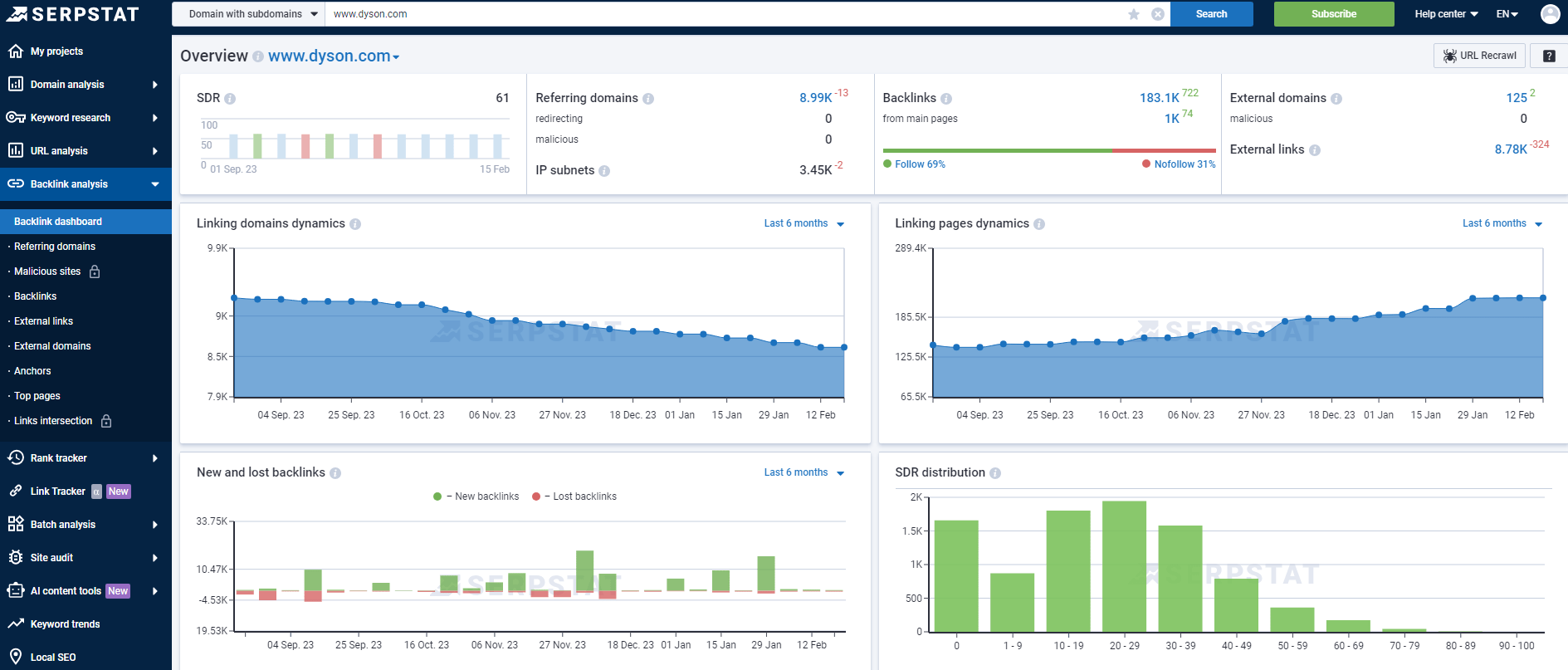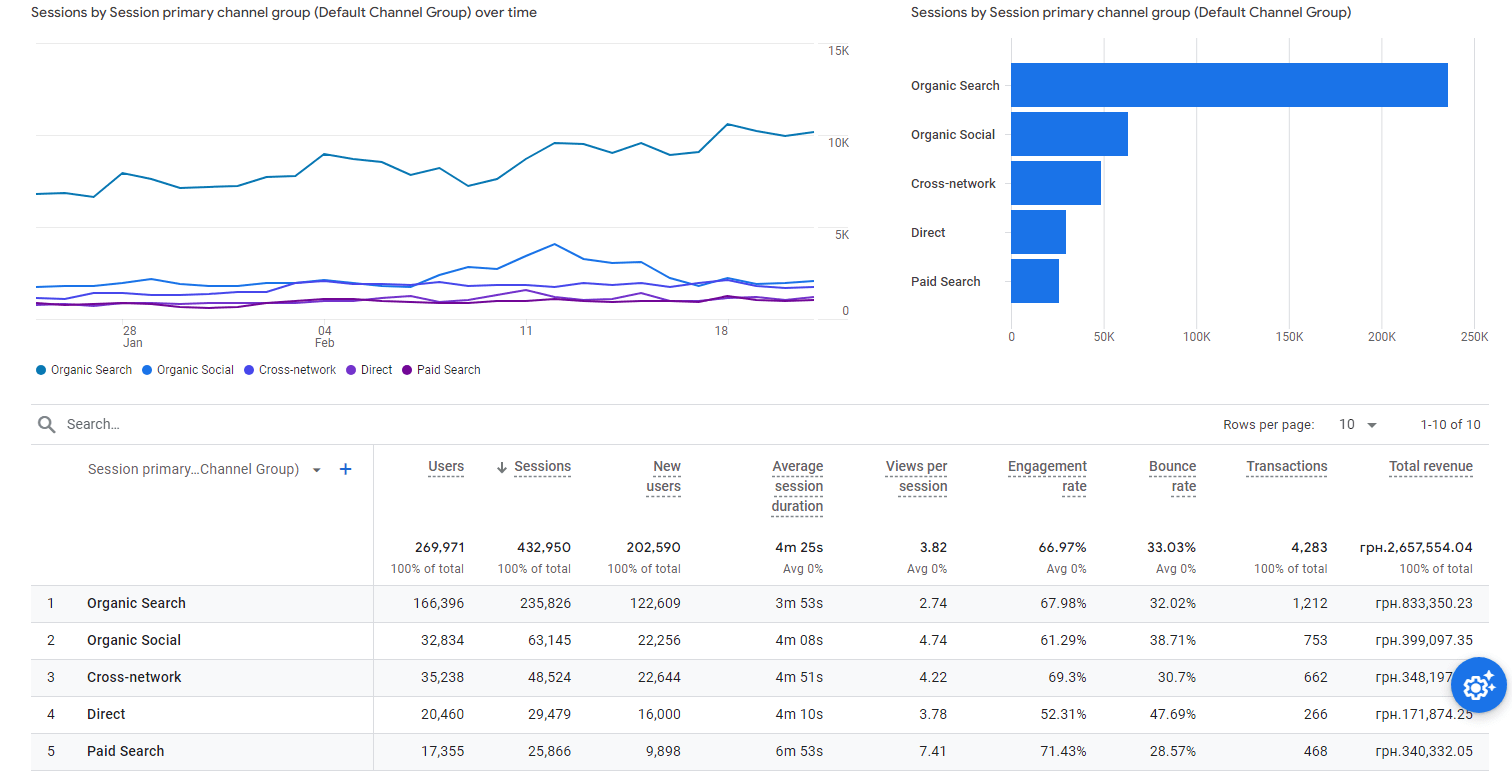Consider SEO as a puzzle where Google hides the parts all the time; your task is to uncover them! That is why knowing SEO can be both demanding and fascinating. To get your website seen, SEO—Search Engine Optimization—helps to improve its search engine results. In a digital environment when being seen is essential, knowing SEO principles is not only required but also very vital. Plerdy is here to help you win this game since we know it really well. Keep tuned as we delve into SEO fundamentals to help you create online success.
Understanding SEO Fundamentals

Have you ever found it odd that some websites show first in search results always? It’s SEO, not magic. Knowing SEO guidelines is like understanding the rules of a game; once you know them, you can play to win. This part covers SEO principles that enable you to boost website traffic and visibility.
What is SEO?
SEO raises your page’s ranking. You want to show as high as possible in those search results when someone searches for something connected to your site. This is vital since more clicks and traffic might result from higher ranks. A Backlinko study indicates that an average click-through rate of 31.7% ranks highest among Google’s organic search results. SEO is improving the structure, content, on-page elements—including keywords and meta tags and building external links to your website.
Significance of SEO
Why is SEO so crucial? Most online experiences in the digital world of today begin with a search engine. Should your website be non-search engine optimized, you will lose leads, traffic, and sales. Optimizing search engines attracts customers to your website. It’s about getting found by the correct people, not just about being found. SEO enables you to target consumers actively seeking your kind of information, goods, or services.
Advantages of SEO
SEO offers many of advantages. Though there is more involved than just traffic and visibility. SEO increases credibility and confidence. Search-ranking websites are generally reliable. Besides, SEO is less expensive than sponsored advertising. Although advertisements have value, organic search traffic generated by SEO is more sustainable and has greater lifetime for long-term success. Search patterns, consumer behavior, and preferences all of which SEO offers priceless insights.
Anyone trying to increase their online profile has to first grasp the foundations of SEO. Focusing on SEO’s definition, relevance, and advantages helps you to understand how best it fits your digital marketing plan. SEO is an ongoing process of adjusting to search engines and market developments. These basics will help you to improve website traffic and master SEO. See reliable sources like Moz or Search Engine Journal for more detailed understanding on SEO.
Setting Up for SEO Success

Building your website for SEO success is like laying a solid basis for a structure. It’s important to make sure your initiatives to improve visibility and generate traffic pay off. The key actions to build up your website for best SEO performance are covered in this part.
Selecting the Appropriate Domain
Your first impression online is the domain name, which is also absolutely important for SEO and brand recognition. A good domain should reflect your brand, be brief and unforgettable. Steer clear of hyphens and numerals to prevent confusing visitors. Although keywords in domain names were historically quite important, Google’s algorithm changes have diminished their influence. Crucially are domain names easy to remember and reflect your brand. See Google’s advice on selecting a domain for further information.
Choosing a Platform for a Website
Your SEO capacity is much affected by the website platform you use. Main categories are hosted platforms like Wix or Shopify and self-hosted platforms like PHP. Hosted platforms provide integrated functionality and easy of use, very appealing. They frequently, however, restrict customizing and control. Conversely, self-hosted systems such as PHP provide more freedom for SEO by means of comprehensive plugins and customizing choices. W3Techs claims that over 40% of websites are powered by PHP, therefore attesting to its popularity and strength.
Developing a Positive User Experience
SEO performance depends critically on positive user experience. Google makes advantage of mobile-first indexing, so make sure your website is mobile-friendly. Statista emphasizes the need of flexible design since about half of web traffic comes from mobile devices. Slowness of a website can raise bounce rates and lower ranks. Google PageSpeed Insights guides your analysis and enhancement of site performance. Your website should have a simple, elegant design that accurately represents your business.
Establishing for SEO success calls for giving your domain name great thought, choose the correct platform, and give user experience top priority. Building a website that is both SEO-friendly and aesthetically pleasing as well as useful for users depends on these fundamental actions. These elements help your site be ready for effective SEO so increase your online presence and natural visitors. More than just helpful for SEO, a well- configured website is necessary to appreciate your visitors and improve their whole experience.
Optimizing Content for SEO

Optimizing the content of your website for SEO is like trying to fit each component of a difficult puzzle exactly. Objectives: To make your material search engine discoverable and enticing to readers. Let’s explore how you might maximize your material to support more successful SEO initiatives.
Doing keyword research
Production of SEO content depends on keyword research. It means determining the search phrases used by your target audience for information, goods, and services of yours. Semrush and Google Keyword Planner can expose search volume and competition. Aiming for those “sweet spot” keywords that are relevant but not too saturated, the secret is to strike a mix between high search volume and low competition.
On-page search strategies
Your content should include your keywords after you have found them. Still, it’s about smart placement and relevancy, not only about sprinkling keywords around. Your main keyword should naturally show up in important locations including the title tag, headings, first 100 words, and all across the body. Meta descriptions increase click-through rates even if they have no bearing on ranks. They should be gripping and highlight the keyword. For on-page optimization of PHP, Yoast SEO performs rather well.
Developing Worthful and Appropriate Material
Although SEO mostly relies on content, it must also be relevant and useful. Excellent material offers insights or answers to meet the demands and questions of your readers. Google’s E-A-T rules—Expertise, Authoritativeness, Trustworthiness—stress the need of content quality for SEO. Your material should be orderly, interesting, and instructive, presenting a different point of view. Multimedia can boost SEO by raising user interest and page time, just as images and videos might do.
Content for SEO optimization combines art and science. You still have to understand your target, apply keywords deliberately, and produce interesting material. Emphasizing these important elements will help your website show much better in search engine rankings. The aim is material compliant with audience needs and based on SEO best standards. Natural traffic and digital success depend on this harmony.
Technical SEO and Link Building

Like the roots of a tree, technical SEO and link development are invisible yet essential for stability and growth of a website. Knowing these components is essential in modern digital terrain to make sure your website lives and grows. Let’s dissect these essential elements of an SEO plan.
Fundamental Principles of Technical SEO
Technical SEO is essentially about improving the architecture of your website. For search engines, it provides site crawling and indexing simplicity. This covers maximizing the structure of your website, applying neat and clear URLs, and enhancing site speed—a crucial component of Google’s ranking system. PageSpeed Insights from Google and other tools can assist in site speed analysis and improvement. Using responsive design is also essential since mobile friendliness ranks. Successful SEO is built on a technically sound website.
Building Quality Backlinks
Getting other reputable websites linked to yours indicates search engines your content is reliable and valuable. Links’ quantity and quality count both here. High-quality backlinks can be earned by using guest blogging, making shareable infographics, and participating in digital PR. You want to create natural links from reputable industry websites. One helpful indicator of the caliber of possible backlink providers is Moz’s Domain Authority.
Avoiding Typical SEO Errors
In technical SEO and link building, it’s easy to trip into traps. Common errors that could compromise your SEO efforts include unoptimized pictures, broken links, and repeated text. Using SEMrush or Ahrefs to routinely check your website will help to address these problems. Steer clear of black-hat SEO—link buying and keyword stuffing. Search engines could punish these approaches, therefore impairing the performance of your website.
Any effective SEO campaign depends on a strong basis in technical SEO and a systematic approach to link building. You set your site to show higher in search engine results by concentrating on building quality backlinks and designing a technically perfect website. Shortcuts are often detours in the realm of SEO. Developing a durable online presence that can withstand the always shifting terrain of search engine algorithms depends on spending time in ethical and legal SEO techniques.
Tracking and Measuring SEO Success

In the realm of SEO, quantifiable results get managed. Understanding its influence and direction your activities depend on tracking SEO success. Let’s investigate how best to monitor and evaluate the results of your SEO efforts.
Understanding SEO Metrics
First, you have to figure out which measurements will fairly evaluate your SEO performance. Important indicators include natural traffic, which Google Analytics allows one to track. This tool offers information on the natural search-based visitor count for your website. Keyword ranks are another important statistic that you can monitor to observe over time how well your website ranks for particular terms. Tools like Ahrefs or SEMrush provide thorough features to monitor these rankings.
Tools for Tracking SEO
There are several tools at hand for monitoring SEO performance, each with special qualities. Understanding Google’s perspective on your site is much aided by Google Search Console. It offers information on search searches, click-through rates, and web page indexing state. Tools like Moz Pro or Ahrefs offer deeper insights into backlinks, keyword rankings, and competitor analysis for more sophisticated tracking, therefore offering a more whole picture of your SEO environment.
Reading Data for Strategic Change
More than just fulfilling data needs. Perfecting your SEO plan depends on interpretation. Search the data for trends and repetitions. Exist any certain kinds of information that shine especially? Are particular keywords increasing traffic? Knowing these subtleties will enable you to modify your SEO and content strategy to highlight areas of success. Watch also algorithm changes and modify your plans accordingly. SEO is a changing field; long-term success depends on constant agility.
Any SEO strategy has to be able to quantify success. It offers a road map for future optimization and helps you to see the results of your work. By concentrating on important indicators, using the correct tools, and properly evaluating data, you can keep your SEO strategies getting better. SEO requires a lengthy road. Excellent search engine results and sustainable organic traffic call for ongoing observation and changes.
Finish
Starting your SEO voyage is like sailing across an ocean of possibilities. With the principles, setup, content optimization, technical knowledge, and tracking techniques you have acquired here, you are ready to negotiate the SEO seas. But keep going! The digital sphere is always changing and offers always more to learn. Explore further the large sea of digital marketing insights by reading additional pieces on Plerdy’s site. Each is an information gold mine that will keep you ahead in the always shifting field of SEO. Get ready for more. Use Plerdy as your compass to negotiate the complex web of digital marketing success. Never stop studying and experimenting; see how great your website is!
